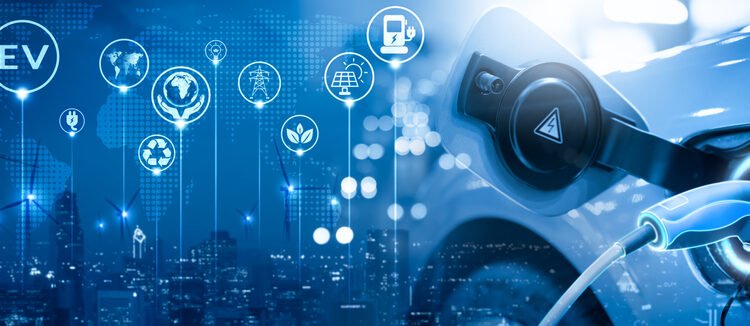Brussels, (Brussels Morning)- The PS wants a public energy producer and supplier in Brussels. To this end, the party submitted a resolution to the Brussels Parliament. “This may in part provide an answer to the energy crisis,” says co-applicant Martin Casier.
PS chairman Paul Magnette already announced at the 200th congress of his party that he believes the liberal model is a failure and that the market should be partially nationalised again, says BRUZZ.
A public and cooperative energy producer and supplier should stabilise energy prices. Brussels Member of Parliament Martin Casier refers, among other things, to a model in Hamburg, founded in 2009. After ten years, in 2019, the public player Hamburg Energie grew into the second largest supplier in the region with 149,000 customers. Almost 70 percent of the energy is generated by green energy installations. “The prices there are much more stable,” Casier says.
Competition
Casier also wants to tackle the competition problem in Brussels with a public energy supplier. There are only two suppliers in the Brussels Region, compared to ten in Wallonia and twenty in the Flemish Region. Because there is hardly any competitive pressure on the Brussels energy market, this can lead to higher prices.
In addition to the financial aspect, a public player could also accelerate the energy transition. For example, Casier hopes that more will be invested in solar energy. “In Brussels, there are 20 million square metres of roofs that are suitable for solar panels. We could use this to generate 40 percent of the annual electricity consumption,” says Casier.
If the resolution is adopted, it is not yet entirely clear how everything would actually work. “We still have to check a lot of legal elements. How much energy the public player would generate also needs to be investigated,” says Casier.
No miracle solution
According to energy consultant Kris Voorspools, such a cooperative public energy supplier and producer is certainly not a bad idea. “Although it will not be a miracle solution. You need sufficient own production from solar panels, for example, to keep prices down. If that is not the case, you have to get your energy on the same market as the other energy suppliers.”
Nor will it solve the competition problem, says Voorspools. “In Brussels there is a special legislation for defaulters. A supplier cannot just as easily, as in Wallonia and Flanders, no longer supply energy to defaulters. The problem must therefore be tackled there.”
Voorspools welcomes such initiatives. “Any initiatives that come with the intention to reduce the bill and accelerate the energy transition are more than welcome.”




